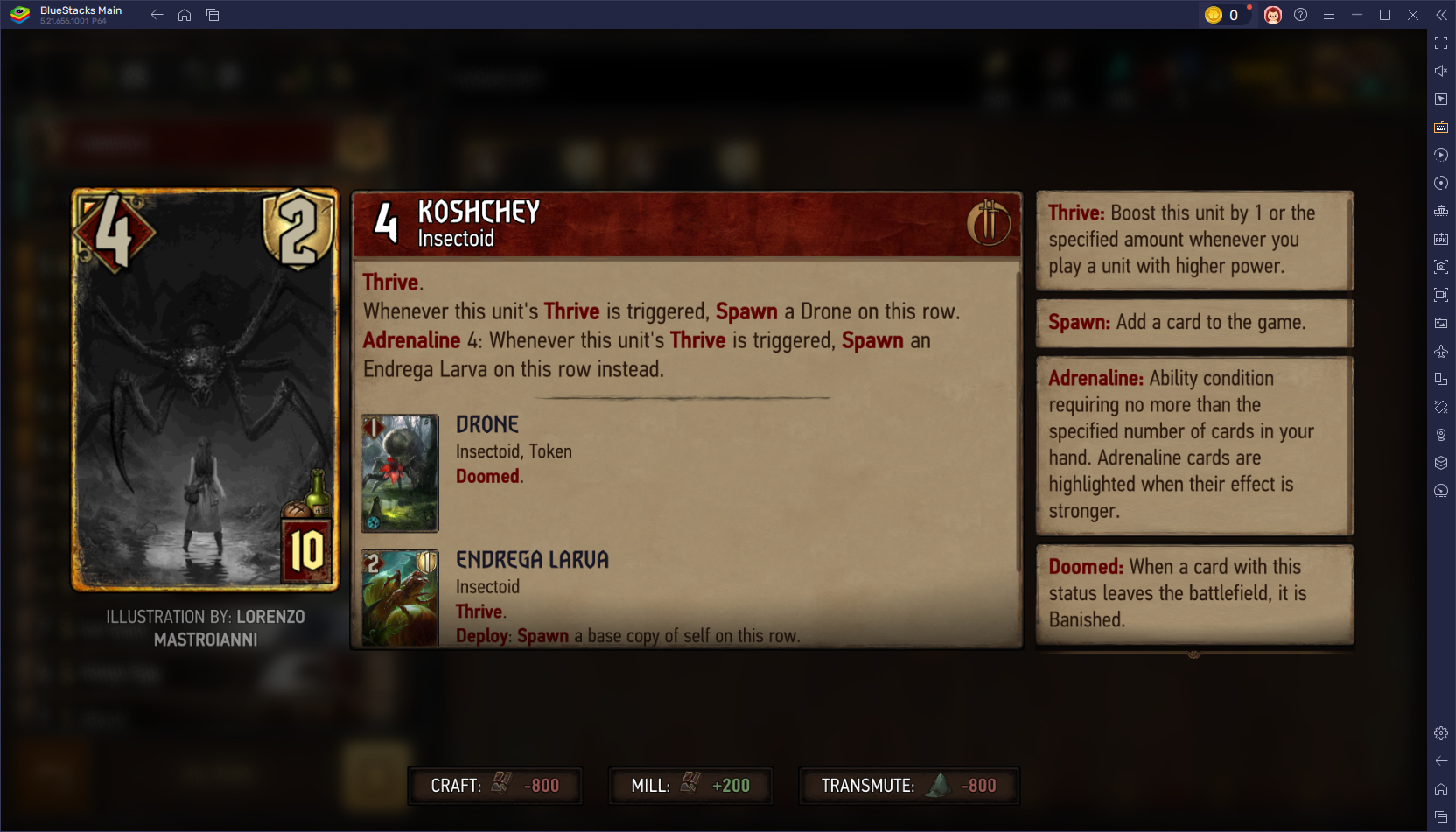Nvidia GeForce RTX 5070 Ti: Performance Reviewed
- By Bella
- May 16,2025
The Nvidia GeForce RTX 5090, upon its release, disappointed many with its marginal improvement over the RTX 4090, especially at its elevated price point. On the other hand, the Nvidia GeForce RTX 5070 Ti, while not significantly faster than its predecessor, offers a more budget-friendly option, positioning it as the most practical choice from the Blackwell lineup for those not looking to splurge.
Priced at a base of $749, the RTX 5070 Ti emerges as an exceptional 4K graphics card, effectively challenging the higher-priced RTX 5080. However, transparency is key: the review model I tested was an aftermarket MSI version, which came with a hefty $1,099 price tag, surpassing the $999 RTX 5080. At its intended retail price of $749, the RTX 5070 Ti stands out as an excellent choice for gamers eyeing 4K performance without breaking the bank.
Purchasing Guide
The Nvidia GeForce RTX 5070 Ti hits the market on February 20, 2025, starting at $749. Be aware, though, that various versions of this GPU will be available at higher price points. At the base price, it's a stellar deal, but its value diminishes as the price approaches that of the RTX 5080.
Nvidia GeForce RTX 5070 Ti – Photos
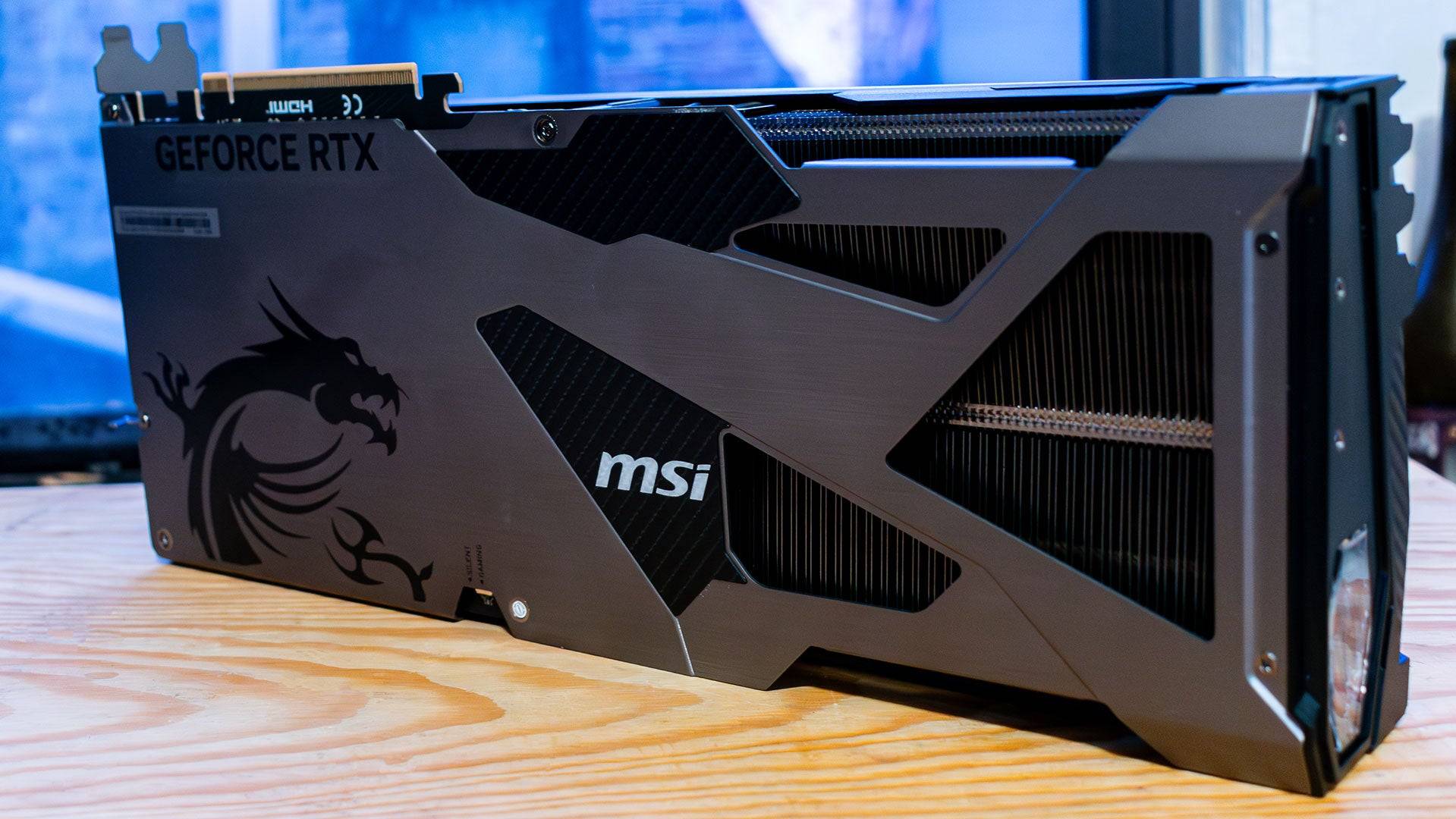
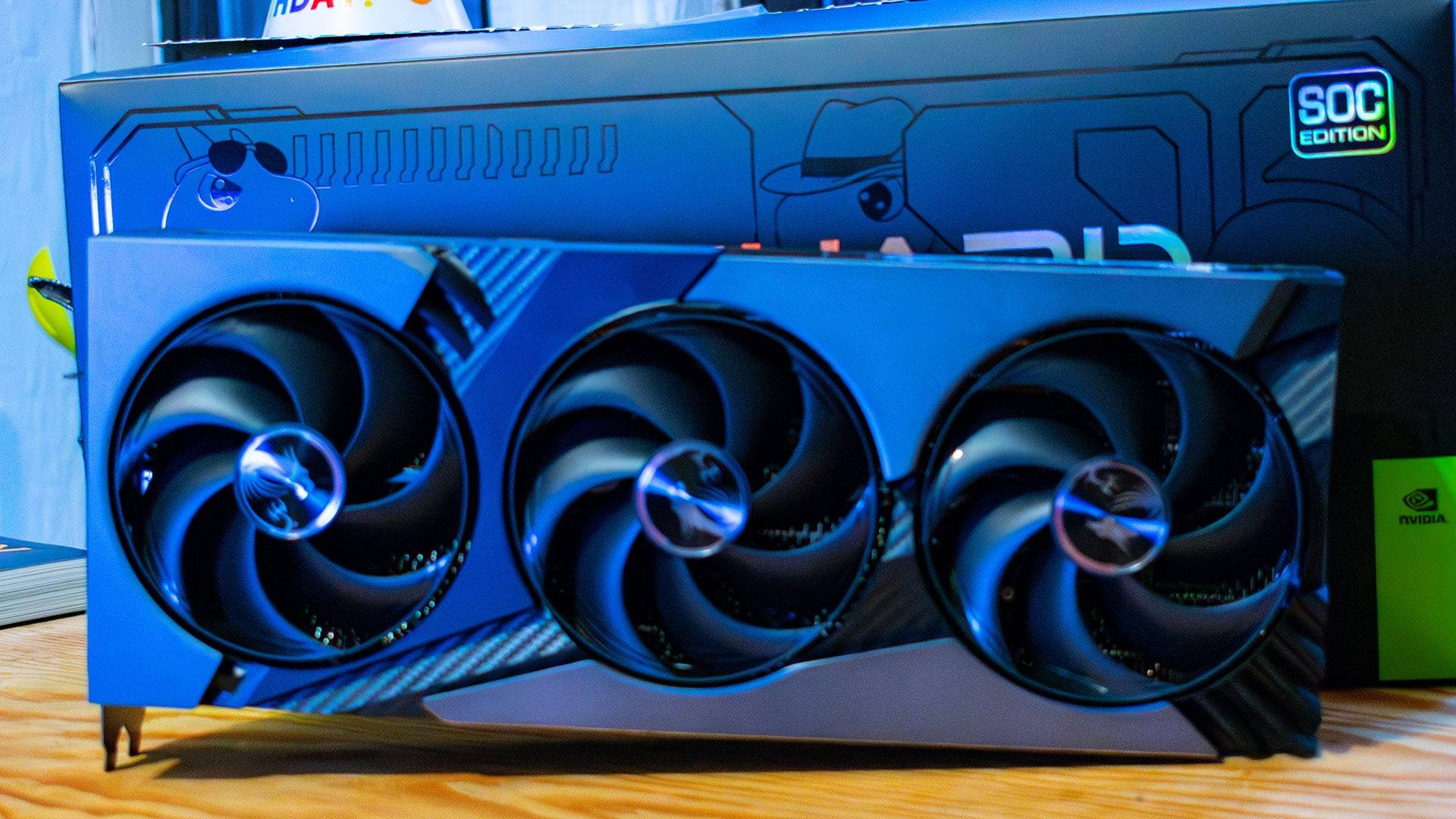 6 Images
6 Images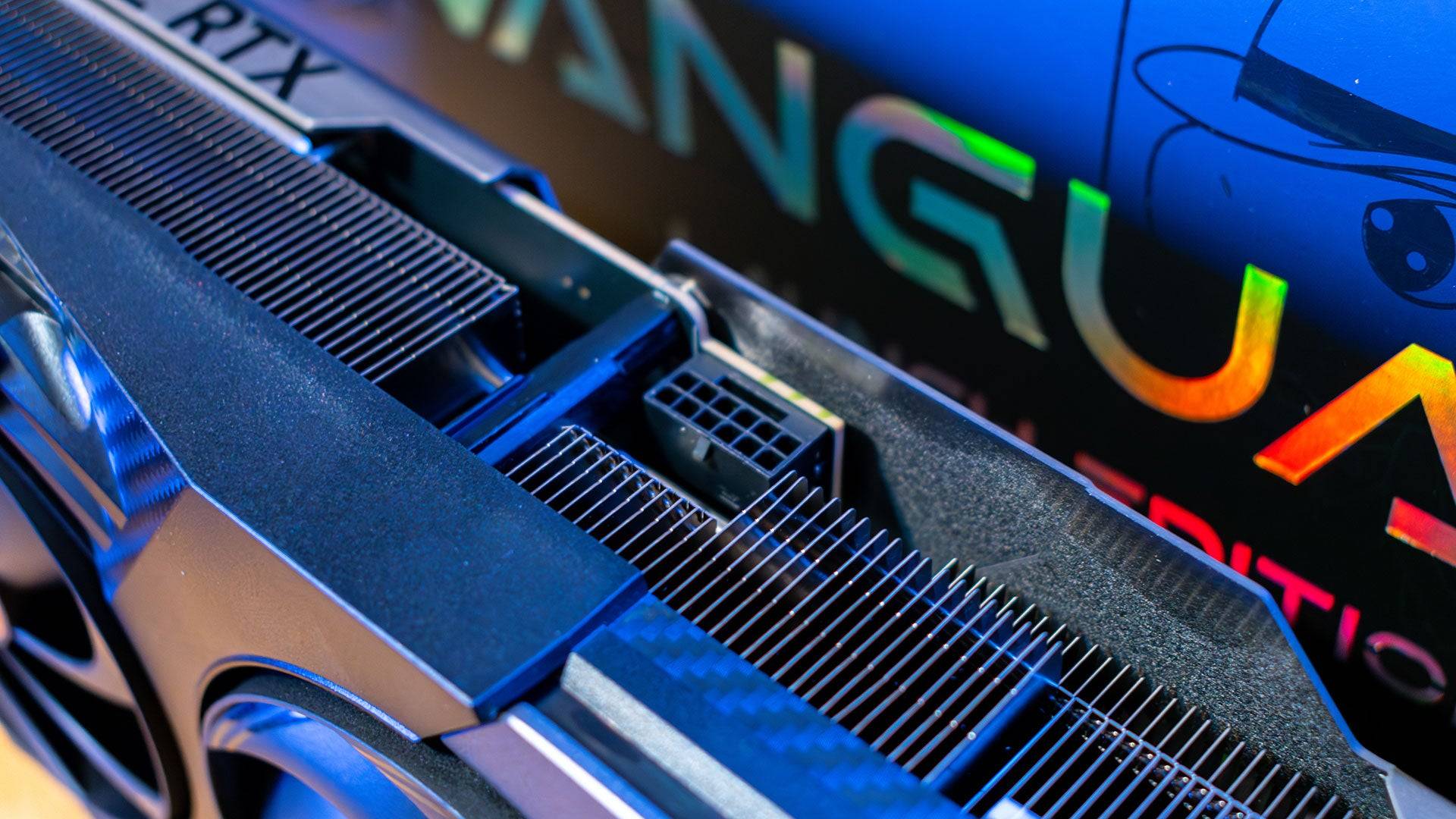
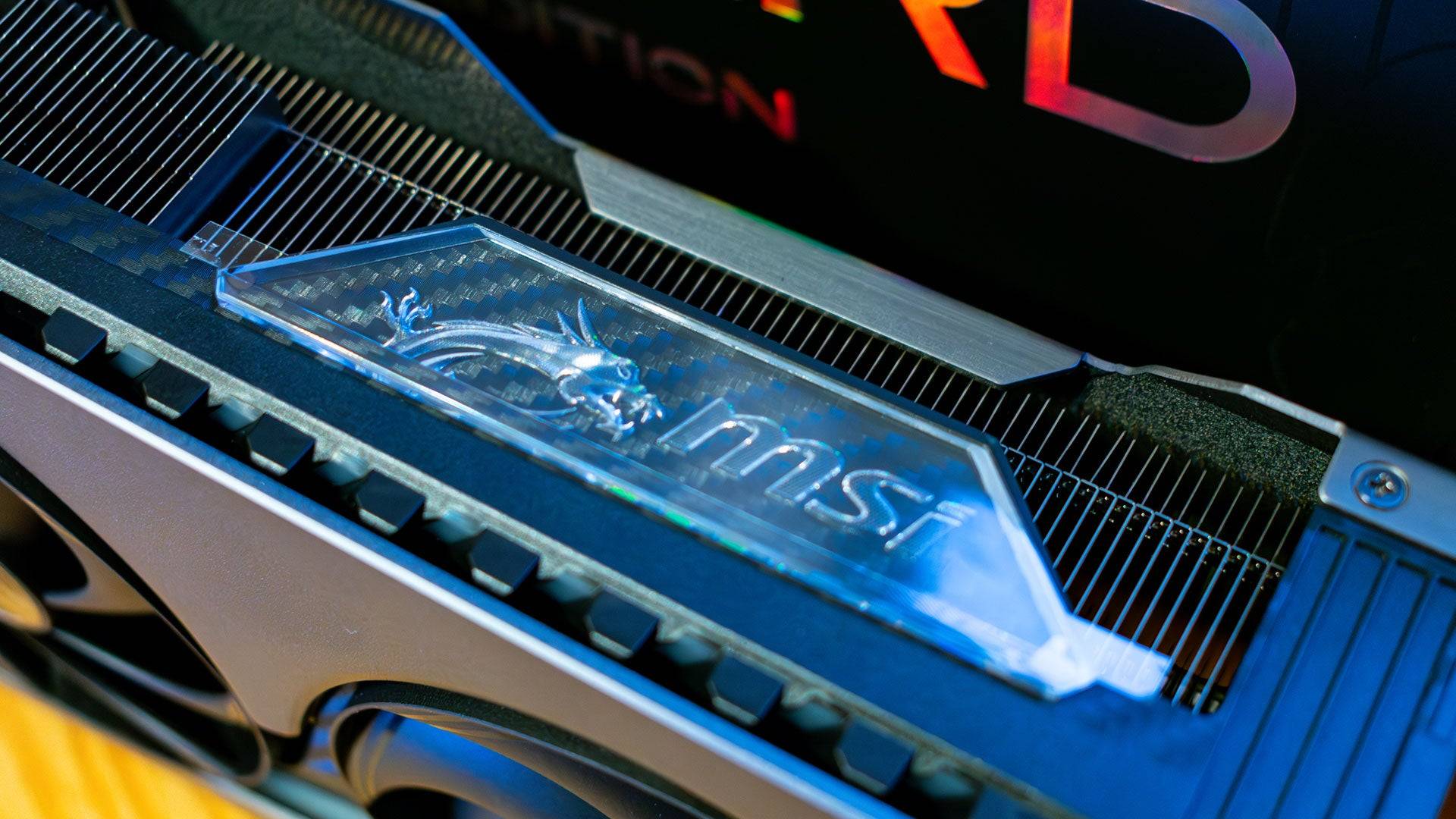
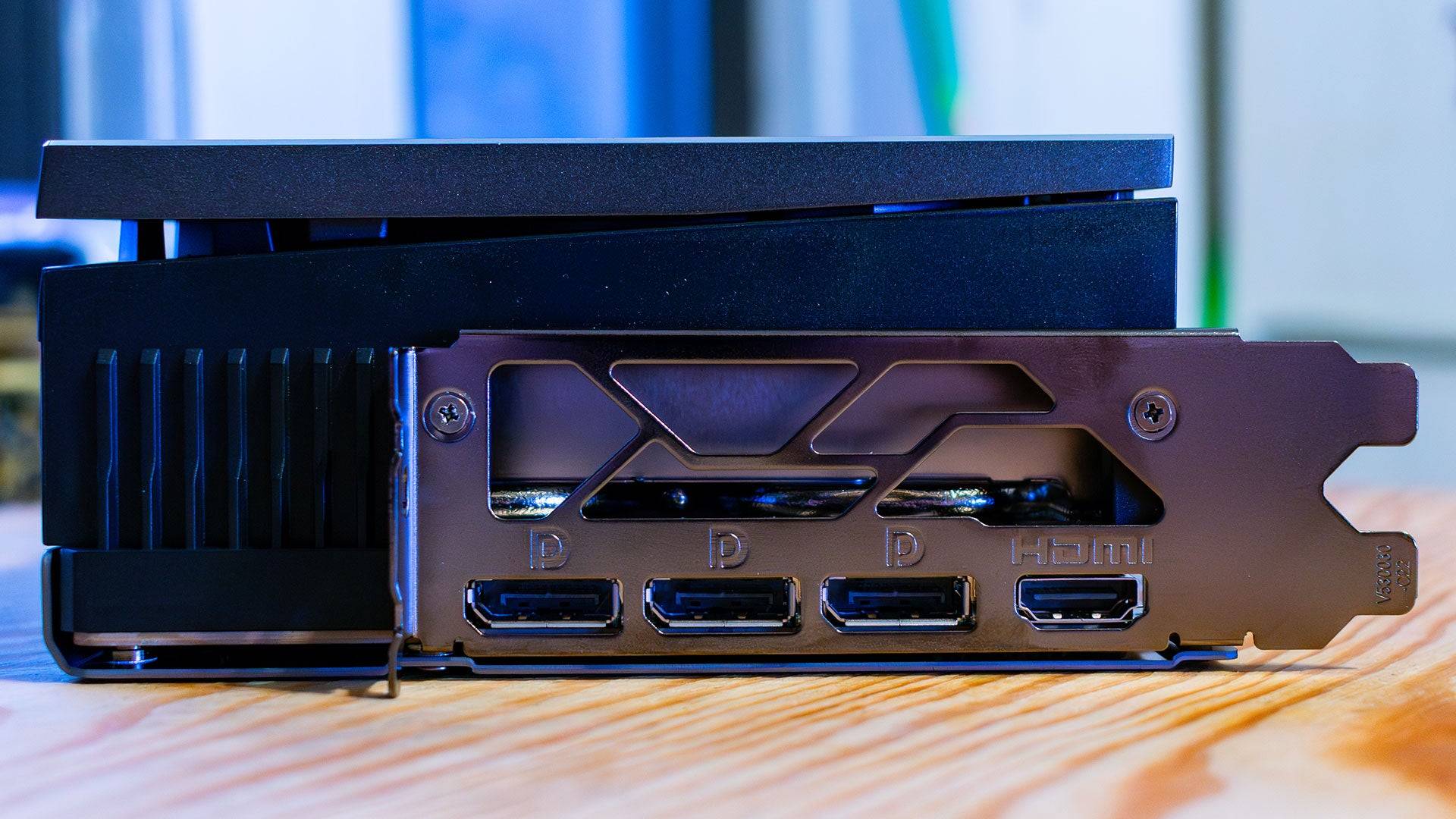

Specs and Features
The RTX 5070 Ti marks the third graphics card utilizing Nvidia's Blackwell architecture, originally crafted for supercomputers powering AI models like ChatGPT. Nvidia has adeptly scaled this technology down for gaming GPUs, maintaining a strong AI focus. Built on the same GB203 GPU as the RTX 5080, the RTX 5070 Ti comes with 14 of its 84 streaming multiprocessors (SM) disabled, resulting in 70 SMs, 8,960 CUDA cores, 70 RT cores, and 280 Tensor Cores. It shares the 16GB GDDR7 RAM with the RTX 5080, albeit at a slightly reduced speed. The star of the show, however, is the Tensor Cores, which, alongside AI upscaling and frame generation, significantly boost performance over the RTX 4070 Ti.
The Blackwell architecture introduces an AI Management Processor (AMP), streamlining GPU workload management previously handled by the CPU. This enhances the efficiency of technologies like DLSS and frame generation. DLSS now operates on a Transformer model, improving image quality by minimizing ghosting and artifacts. DLSS 4 introduces Multi-Frame Generation (MFG), capable of generating up to three AI frames per rendered frame, potentially quadrupling frame rates, albeit with increased latency mitigated by Nvidia's Reflex technology.
With a 300W Total Board Power, the RTX 5070 Ti's power consumption is only slightly higher than the RTX 4070 Ti and RTX 4070 Ti Super. Nvidia recommends a 750W power supply, but for safety, an 850W PSU is advisable, especially with high-end models like the MSI Vanguard Edition used for this review.

DLSS 4 – Is It Worth It?
The RTX 5070 Ti's performance leap is notable, but the true highlight of this generation is DLSS 4 and its Multi-Frame Generation. This technology maximizes the potential of high-refresh-rate gaming monitors, though it doesn't significantly improve latency. MFG uses Tensor Cores to analyze rendered frames and motion data, creating new frames to boost frame rates. While it can theoretically quadruple frame rates, real-world results vary.
In Cyberpunk 2077, with Ray Tracing Overdrive and DLSS set to performance, the RTX 5070 Ti achieved 46 fps with 43ms latency. Enabling 2x frame gen increased this to 88 fps, with latency rising to 49ms, even with Reflex. At 4x frame gen, frame rate soared to 157 fps, but latency hit 55ms. In Star Wars Outlaws, the RTX 5070 Ti delivered 67 fps at 4K max settings with DLSS on performance, improving to 111 fps with 2x frame gen and reduced latency from 47ms to 34ms. At 4x frame gen, frame rates reached 188 fps, with latency at 37ms.
While Multi-Frame Generation enhances smoothness on high-refresh displays, it doesn't necessarily make games more responsive. The minimal latency increase is negligible when starting with a solid frame rate, ensuring smooth gameplay even at 4K with the RTX 5070 Ti.
Nvidia GeForce RTX 5070 Ti – Benchmarks
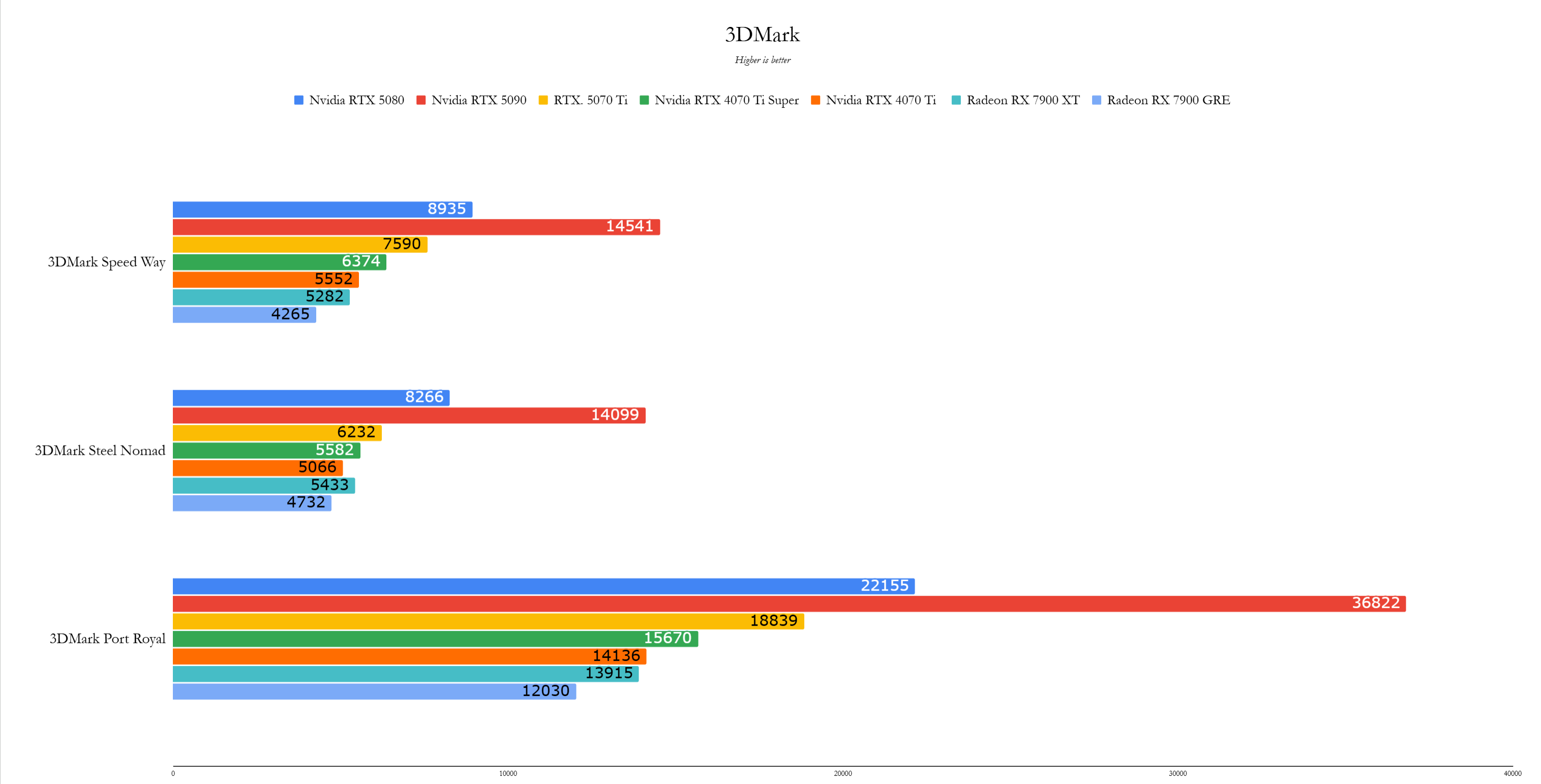
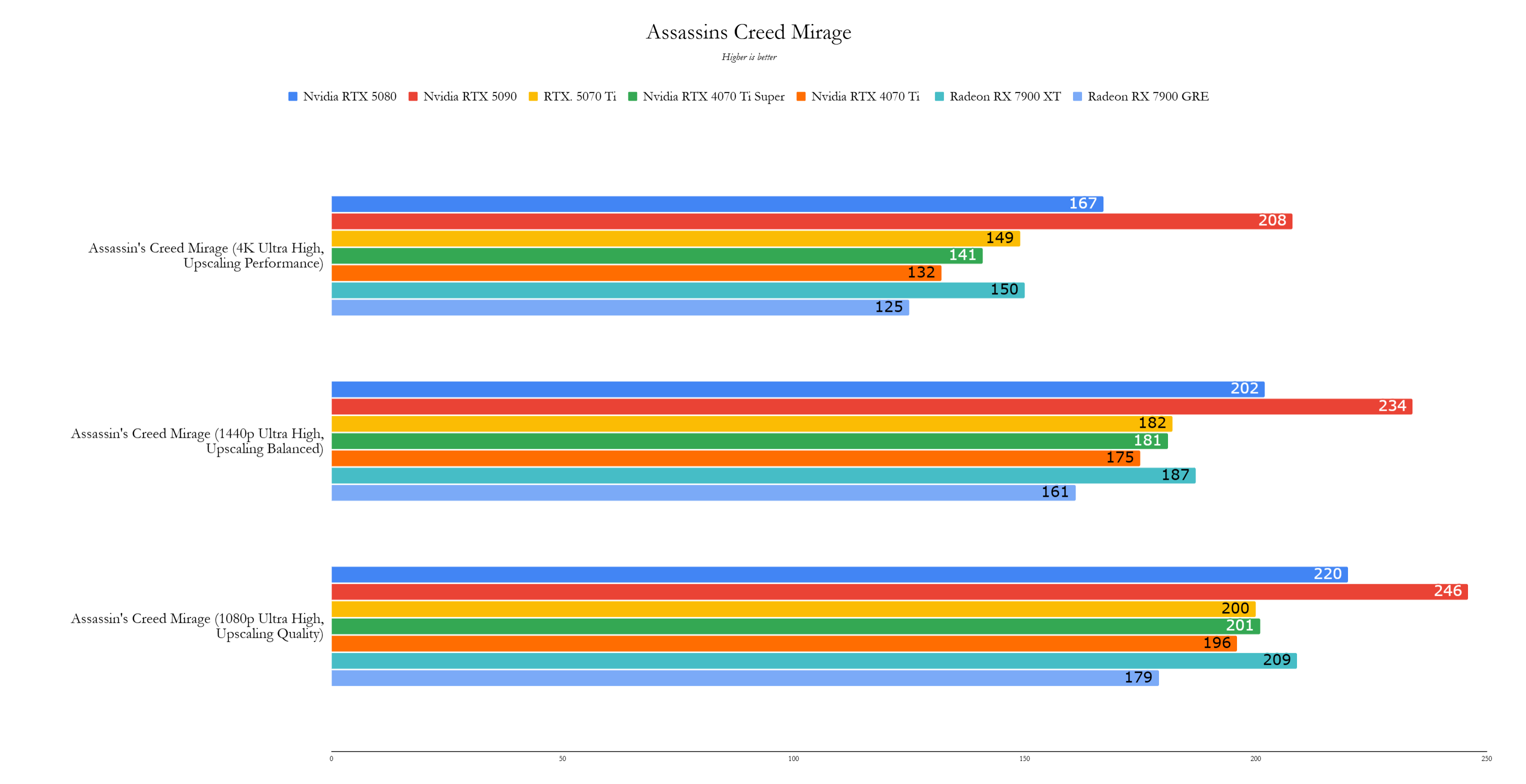 12 Images
12 Images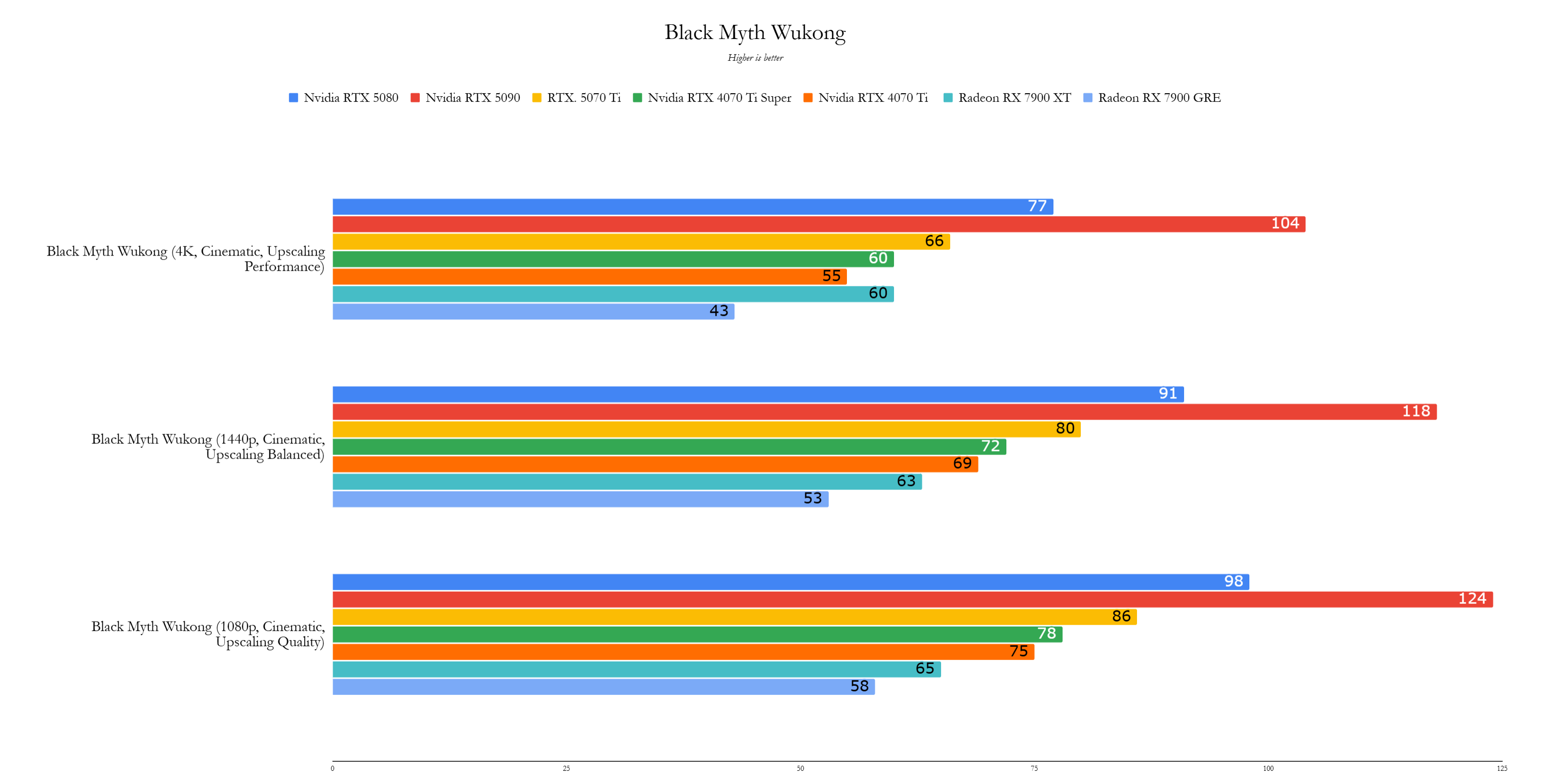
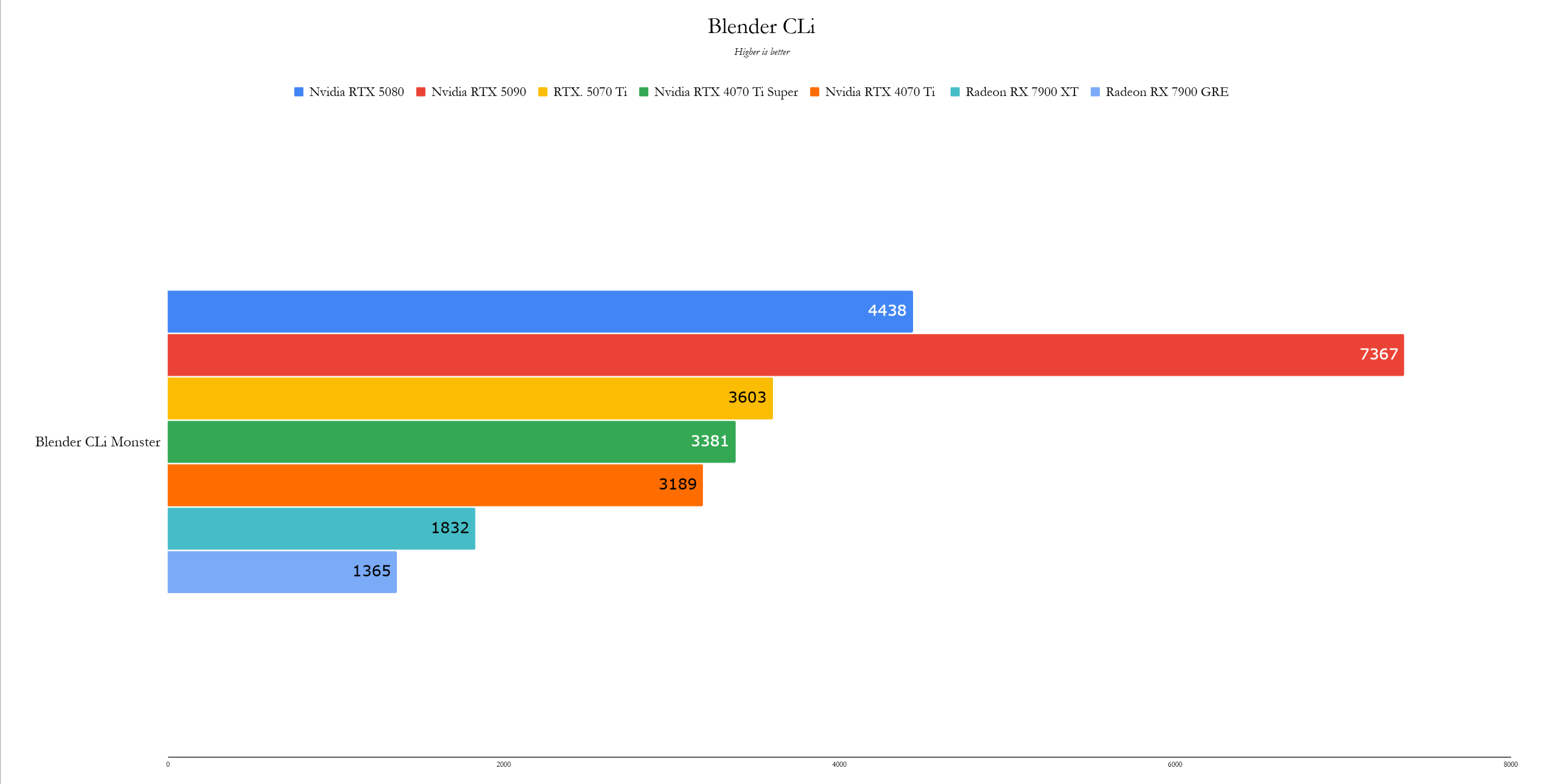
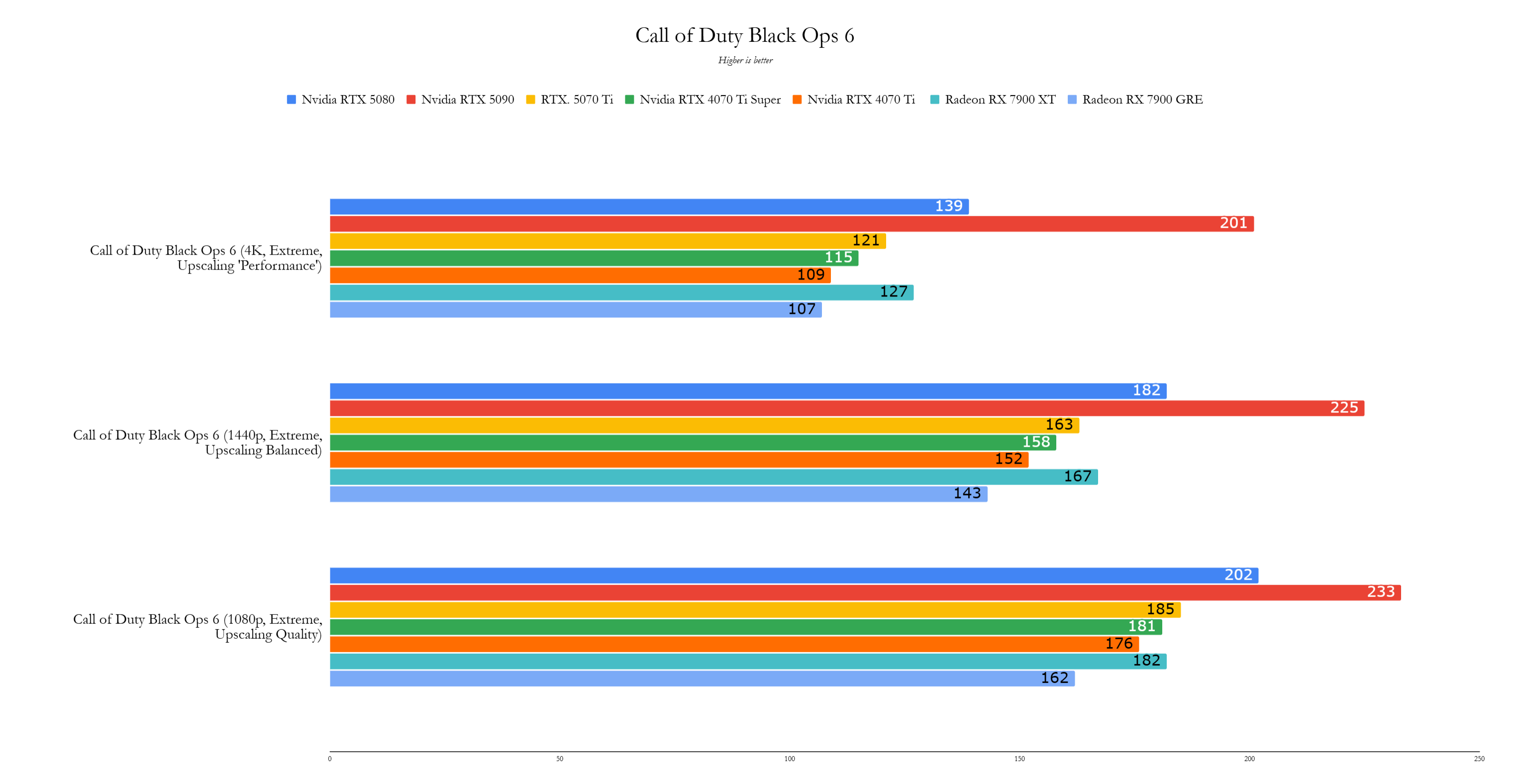
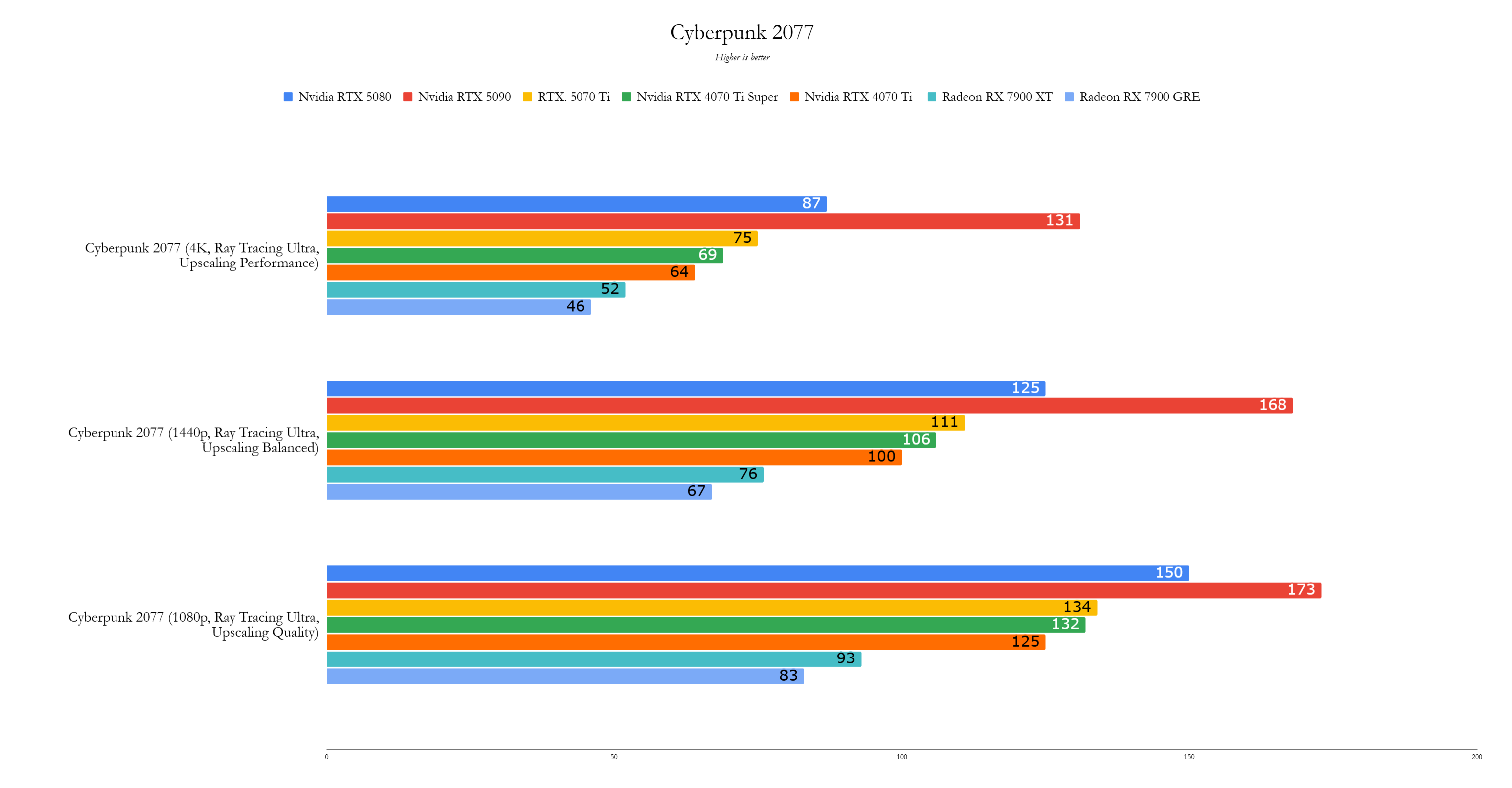
Performance
At 4K, the RTX 5070 Ti outperforms the RTX 4070 Ti Super by about 11% and the RTX 4070 Ti by 21%, marking a substantial generational improvement and positioning it as the best value graphics card of its generation. In my test suite, it consistently achieved over 60 fps at 4K, even in demanding titles like Black Myth Wukong and Cyberpunk 2077.
My test system included an AMD Ryzen 7 9800X3D, Asus ROG Crosshair X870E Hero motherboard, 32GB G.Skill Trident Z5 Neo RAM at 6,000MHz, a 4TB Samsung 990 Pro SSD, and an Asus ROG Ryujin III 360 CPU cooler. Although I reviewed the MSI Vanguard SOC edition of the RTX 5070 Ti, all performance data was collected at stock settings to reflect the base model's performance, evaluated at the $749 MSRP.
I tested all graphics cards using the latest game versions and drivers, with the RTX 5070 Ti on a prerelease driver. Frame Generation was disabled, and upscaling was utilized only where both DLSS and FSR were supported.
In 3DMark Speed Way, the RTX 5070 Ti scored 7,590 points, a 19% increase over the RTX 4070 Ti Super and a 36% jump over the RTX 4070 Ti. In Port Royal, it achieved 18,839 points, demonstrating its potential for future growth with evolving drivers and game optimizations.
In actual gameplay, the RTX 5070 Ti showed a 5% improvement over the RTX 4070 Ti Super in Call of Duty: Black Ops 6 at 4K Extreme, achieving 121 fps. In Cyberpunk 2077, it led by 9% and 17% over the RTX 4070 Ti Super and RTX 4070 Ti, respectively, maintaining 75 fps at 4K with Ray Tracing Ultra. Metro Exodus: Enhanced Edition saw the RTX 5070 Ti at 48 fps at 4K Extreme without upscaling, compared to 45 fps and 42 fps for the RTX 4070 Ti Super and RTX 4070 Ti.
Red Dead Redemption 2 was an exception, with the RTX 5070 Ti slightly underperforming at 113 fps against the RTX 4070 Ti Super's 115 fps. In Total War: Warhammer 3, the RTX 5070 Ti hit 78 fps at 4K max settings, a 15% and 30% improvement over the RTX 4070 Ti Super and RTX 4070 Ti. Assassin’s Creed Mirage saw the RTX 5070 Ti at 149 fps at 4K Ultra High, surpassing the RTX 4070 Ti Super and RTX 4070 Ti but falling just short of the Radeon RX 7900 XT.
In Black Myth Wukong, the RTX 5070 Ti managed 66 fps at 4K with the Cinematic Preset and 40% DLSS, a 10% improvement over the RTX 4070 Ti Super. Forza Horizon 5 showcased the RTX 5070 Ti's prowess, achieving 152 fps at 4K Extreme, outperforming both the RTX 4070 Ti Super and the Radeon RX 7900 XT.
With mid-range GPUs now capable of 4K gaming, the Nvidia GeForce RTX 5070 Ti, at its starting price of $749, offers the best value for money, especially for those with 4K displays. It not only delivers a significant performance uplift over its predecessor but does so at a lower price than the RTX 4070 Ti, making it an attractive option for gamers seeking high-quality 4K gaming without the premium cost.
Latest News
more >-

-

- Crunchyroll Adds 10 Second Ninja X to Android
- Dec 19,2025
-

-
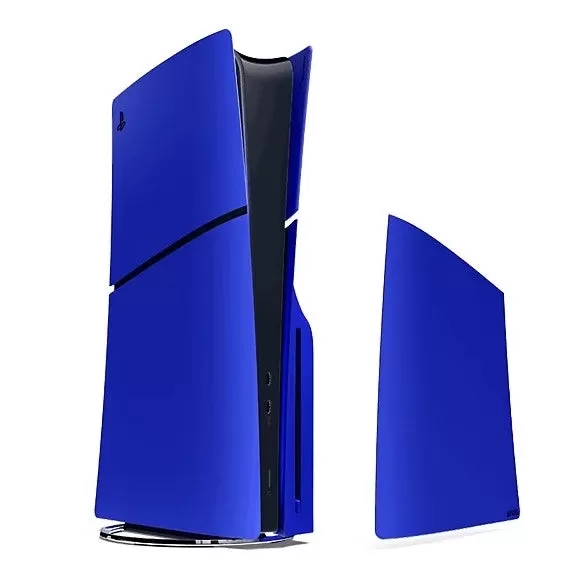
- PS5 Console Covers Discounted for Days of Play
- Dec 19,2025
-



